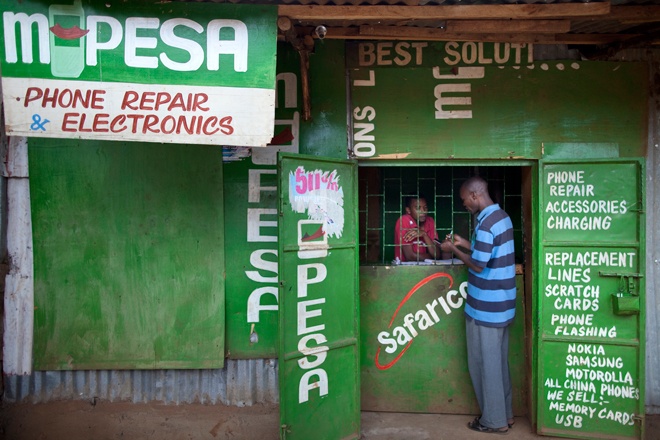
Kenya has introduced a new policy aimed at using mobile money to curb tax evasion in that country.
This week, the Kenyan government released its Draft Budget Policy Statement which highlights its economic plans. Part of the statement revealed that revenue collection by the Kenya Revenue Authority (KRA) will be scaled up to Ksh3 trillion ($24.1 million) in the 2023/24 financial year, and Ksh4 trillion ($32.3 million) over the medium term.
To reach these goals, the KRA will link its systems with telco companies and improve tax compliance. The new policy will track compliance for Kenya’s 16% VAT on sales, and 20% excise duty on transactions.
KRA will also link its systems with other sectors, including the gaming industry to ensure that Kenyans pay tax on goods and services they employ.
News of the new tax policy has received widespread criticism across social media with many expressing concern for the country’s low-income earners.
Background
Africa accounts for 70% of the world’s trillion-dollar mobile money market, and Kenya is arguably Africa’s biggest mobile money market with Ksh7.2 trillion ($58 billion) transaction value from January—November 2022 alone.
Over 90% of Kenyan households use mobile money. In fact, the number of mobile money wallets in Kenya exceeds the population of the country. There are 73.2 million wallets in a population of 50.9 million.
Majority of Kenyans perform everyday transactions with mobile money, and it was on that basis that the recently-elected government is implementing new policies to help tax collection.
Ghana
In Ghana, the government slapped a 1.5% (now 1%) electronic transfer levy (e-levy) on all mobile money transfers amidst vehement protest. The government then targeted to raised GHS1.46 billion from e-levy in the first two months, but it raised a paltry GHS93 million, less than 10%.
Following the abysmal performance of e-levy, government is now using it as a tax compliant tool to compel all merchants to register with the tax collector, Ghana Revenue Authority (GRA) for VAT and Income Tax, otherwise their customers will be made to pay e-levy.
It is not clear how effective that strategy has been and to what extent it has improved tax collection and helped to avoid tax evasion, but several stakeholders are silent complaining about how e-levy is rather harming the ecosystem by recording high volumes of transfers while value continues to dip because individuals and businesses keep adopting alternatives to avoid paying e-levy.







